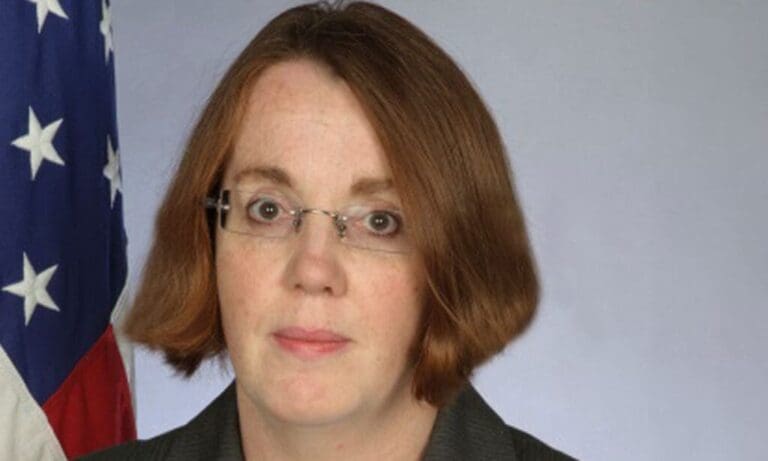A United States official expressed regret over the delay in keeping to promises made by the military in power in some West African countries to hand over power to civilians.
During a press conference on Wednesday on U.S. President Joe Biden’s recent visit to Angola, U.S. Assistant Secretary of State for African Affairs Molly Phee was responding to a question about democratic governance
in West Africa.
She highlighted the challenges facing the region, particularly in Guinea-Conakry and the Sahel.
“I can talk to you about how we have addressed the challenge of the failure of democratic governance in West Africa. It is heartbreaking for us that the people of Guinea-Conakry, and many people across the Sahel, are losing the ability to decide their own future – which is really what democracy is all about, which is to unlock prosperity and opportunity for individuals and communities, and to ensure that government resources are used for the benefit of the people,” said Molly Phee.
The U.S. official recalled the initial expectations in Guinea after the 2021 coup that a change in governance would lead to a more equitable and less corrupt system. However, she said she has observed that progress has been slow and that the promised transition has not yet achieved the goals set by the Guinean people.
“I know that in Guinea in 2021, there was a lot of hope that change would bring about a less corrupt and more equitable system of governance. Unfortunately, the promised transition has been very slow to happen,” she said.
“I understand that there have been recent moves towards a referendum on the constitution, but these moves have been slow in coming and have not yet achieved the goal that Guineans set for themselves,” she noted.
Molly Phee also highlighted the challenges faced by the Economic Community of West African States (ECOWAS) in the face of irregular power grabs in several Sahel countries, specifying that the international community had tried to pressure military regimes to restore constitutional order and meet the expectations of their citizens.
“Despite the efforts made, this remains a matter of concern, and we must continue to work on it,” she assured, calling for “continuing to promote justice, the rule of law and the equitable use of national resources for the benefit of countries, and not for them to end up in the pockets of certain leaders or to be extracted by other governments abroad.”
AC/fss/as/APA


